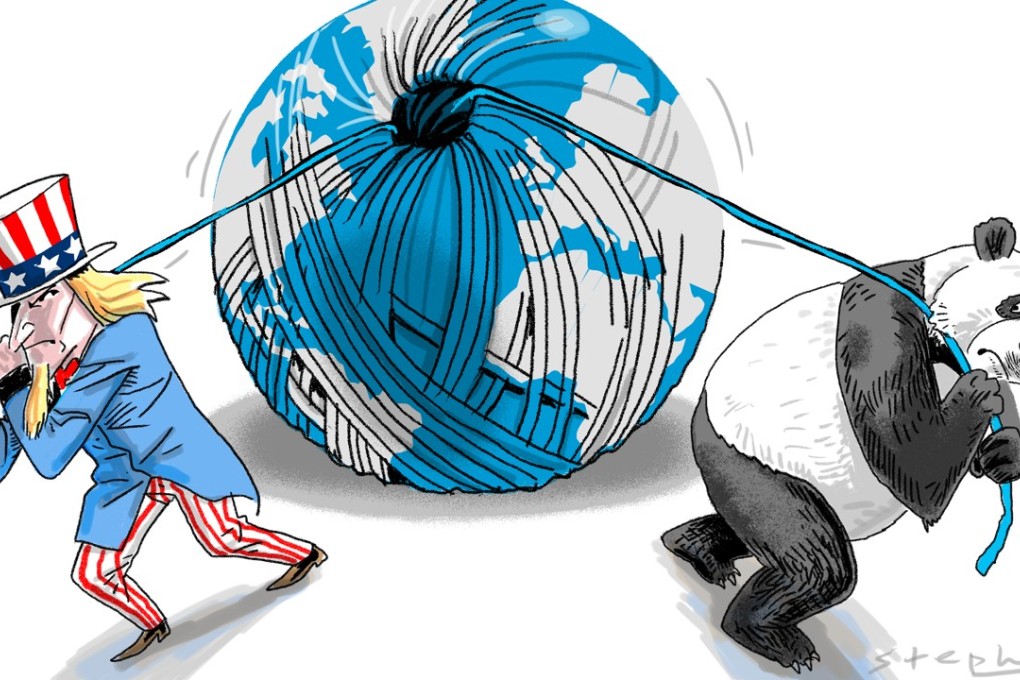Advertisement
If the US-China relationship unravels, so will the international order as we know it
- Henry Paulson says relations built on the integration of goods, capital, technology and people are now threatened by the prospect of an ‘Economic Iron Curtain’
- To stop disputes spinning out of control, the US must realise the futility of isolating China, while China must address criticism of its economic practices
Reading Time:4 minutes
Why you can trust SCMP

I fear that big parts of the global economy will ultimately be closed off to the free flow of investment and trade. And that is why I now see the prospect of an “Economic Iron Curtain” – one that throws up new walls on each side and unmakes the global economy, as we have known it.
Nobody wins a trade war. And China can agree to enough of what President Donald Trump seeks to enable a deal that he can be proud of – if it also marks the beginning of the negotiation of a high-ambition trade or investment agreement. But I also happen to believe that the underlying tensions will persist. That is because the problems we face, and our divergence of views, even in the economic area, are much broader. Unless these broader and deeper issues are addressed, we are in for a long winter in US-China relations.
Trade with China has hurt some American workers. And they have expressed their grievances at the ballot box. So, while many attribute this shift to the Trump administration, I do not. What we are now seeing will likely endure for some time within the American policy establishment. China is viewed – by a growing consensus – not just as a strategic challenge to the United States but as a country whose rise has come at America’s expense.
Advertisement
The United States played the decisive role in facilitating China’s entry into the World Trade Organisation. Yet 17 years after China entered the WTO, China still has not opened its economy to foreign competition in so many areas. Nearly 20 years after entering the WTO, this is simply unacceptable.
Watch: Xi Jinping pledges to open China’s markets to the world
Advertisement
Select Voice
Select Speed
1.00x
